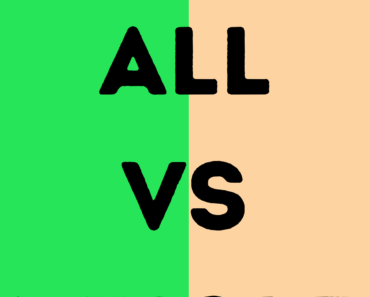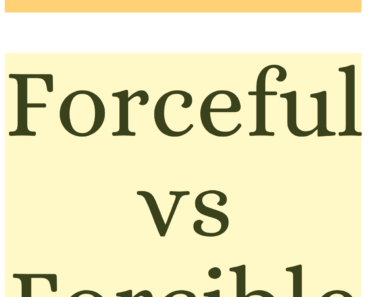The distinction between ethics and morals often causes confusion.
- Ethics refers to a set of principles that guide professional conduct, establishing a framework for what is considered acceptable within a specific context.
- Morals, on the other hand, are personal beliefs about right and wrong, influenced by cultural, religious, and personal values.
While ethics tend to be objective and governed by external standards, morals are subjective and vary from person to person. Understanding both helps navigate complex decisions where legal obligations (ethics) and personal values (morals) may not align.
Ethics
Definition: Ethics, often known as moral philosophy, is the branch of philosophy that involves systematizing, defending, and recommending concepts of right and wrong behavior. It provides guidelines for individuals and organizations to conduct themselves appropriately in various contexts, particularly in professional settings.
Usage:
- Professional Conduct: In professions such as medicine or law, ethical guidelines ensure practitioners act in the best interest of their clients. For example, a doctor must adhere to patient confidentiality.
- Corporate Responsibility: Companies follow ethical codes to maintain transparency and fair treatment. For instance, many companies adopt environmentally friendly practices as part of their corporate ethics.
- Research Integrity: Ethics guide research practices, ensuring studies are conducted with honesty, respect, and without harm. This is evident in the requirement for informed consent in human trials.
Examples:
- A journalist following an ethical code by protecting the anonymity of their sources.
- A company adhering to ethical labor practices, ensuring fair wages for workers.
Morals
Definition: Morals are principles on which one’s judgments of right and wrong are based, often derived from cultural, religious, or personal beliefs. They guide individual behavior in day-to-day life, reflecting one’s own values and upbringing.
Usage:
- Personal Decisions: Morals influence choices that align with personal beliefs. For instance, one might refuse to lie because it contradicts their moral principles.
- Cultural Influence: Different cultures have varying morals. In some cultures, communal living is morally right, while others emphasize individualism.
- Religious Context: Many people derive their moral values from religious teachings. For example, certain religions have strict rules on dietary practices based on moral grounds.
Examples:
- Choosing not to steal because it’s morally wrong, irrespective of the likelihood of punishment.
- Donating to charity due to a moral belief in helping others less fortunate.







